When it comes to navigating through various terrains, choosing the right SUV tires can make all the difference in your driving experience. According to tire industry expert Michael Turner, "The right set of SUV tires not only enhances vehicle performance but also ensures safety and comfort on any landscape." As SUVs continue to gain popularity due to their versatility, selecting the best tires tailored for different conditions has become a crucial consideration for drivers.
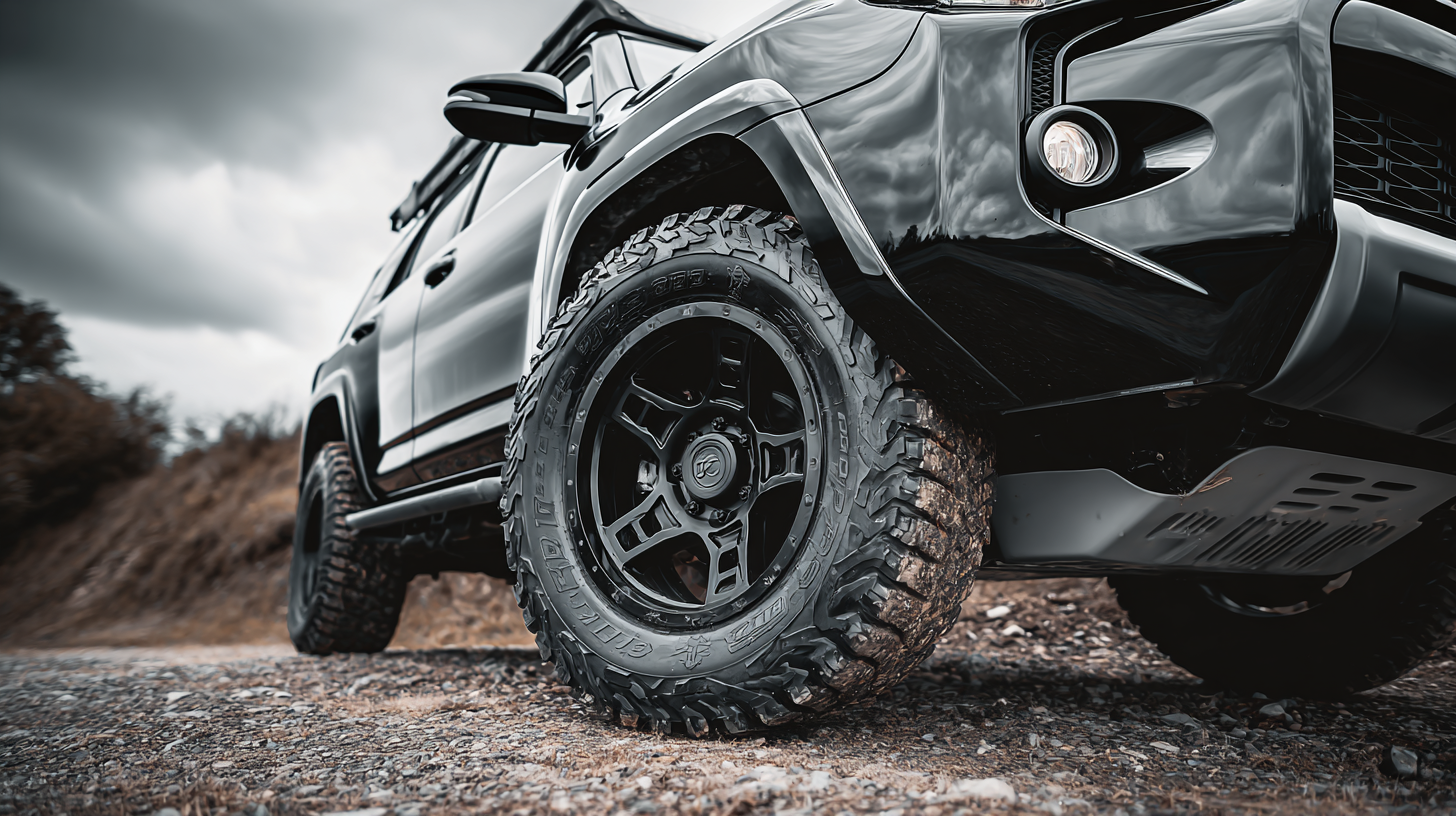
In this ultimate guide, we will delve into the key factors to consider when selecting SUV tires, from tread patterns and rubber compounds to the importance of seasonal fitment. Whether you are looking for tires that excel on rugged off-road trails or those that provide a smooth ride on city streets, understanding your choices can significantly impact your vehicle's handling and longevity. Join us as we explore the top 10 SUV tires that stand out in the market, ensuring you make an informed decision for every adventure ahead.
Selecting the right tires for your SUV is crucial for maximizing performance and safety across various terrains. The right tires can enhance traction, improve handling, and provide better fuel efficiency while ensuring a comfortable ride. As every terrain presents unique challenges—whether it’s mud, snow, or rocky paths—your tire choice should reflect your most common driving conditions.
Tip 1: When driving on rugged trails, opt for all-terrain or mud-terrain tires that have deeper treads for better grip. These tires typically feature reinforced sidewalls to withstand the abrasiveness of off-road surfaces, allowing for a more confident driving experience.
Tip 2: If you frequently encounter snowy conditions, consider winter tires specifically designed to handle icy roads better. Look for tires with a high silica content in their rubber compounds, which remains pliable in cold weather and offers superior traction.
Choosing the right tires means understanding your driving habits and the types of surfaces you encounter. By considering factors like tread pattern, seasonal needs, and terrain compatibility, you can ensure that your SUV is equipped with the best tires for any adventure.
When choosing the best SUV tires for various terrains, it's crucial to understand the unique requirements each type of surface presents. For instance, off-road terrains like mud and gravel demand tires with deep treads and robust sidewalls to provide better traction and durability. Mud tires, designed with oversized tread patterns, excel in loose, slippery conditions, while all-terrain tires offer a balanced performance for both on-road and off-road experiences. In contrast, highway terrains necessitate tires that prioritize smooth handling and fuel efficiency, commonly characterized by a deeper tread pattern and optimized rubber compounds.
The global commercial vehicle tires market is set to experience significant growth, projected to rise from $20.71 billion in 2025 to $33.90 billion by 2032, reflecting a compound annual growth rate (CAGR) of 7.2%. This increase highlights the evolving demands in the tire industry, driven by the need for specialized tires to cater to various vehicle types and terrains. For off-road enthusiasts, expert picks suggest focusing on tires that not only accommodate rugged landscapes but also offer longevity and performance across diverse conditions, enhancing the driving experience regardless of the terrain type.
When selecting all-terrain tires for your SUV, several key features should be at the forefront of your decision-making process. First and foremost, tread pattern plays a crucial role in enhancing traction on various surfaces, from mud to gravel to snow. A more aggressive tread design, with deeper grooves and larger lugs, can significantly improve off-road performance while maintaining stability on highways. Look for tires that offer a balanced tread, capable of providing grip in both wet and dry conditions.
Another vital feature is the tire's construction. Opt for tires with reinforced sidewalls, which are essential for navigating rocky terrains without sustaining damage. Additionally, consider the tire's durability and resistance to punctures, as these attributes will determine how well the tires withstand the rigors of off-road adventures. Lastly, check for compatibility with your vehicle's specifications, as tire size and load ratings are important to ensure optimal safety and performance performance across different terrains.
| Tire Type | Terrain | Tread Pattern | Load Index | Wet Performance | Price Range |
|---|---|---|---|---|---|
| All-Terrain | Mixed | Symmetrical | 112 | Good | $120 - $180 |
| Mud-Terrain | Mud | Deep Grooves | 114 | Fair | $130 - $200 |
| Highway | Pavement | Smooth | 110 | Excellent | $100 - $150 |
| Rock-Crawling | Rocks | Aggressive | 116 | Good | $140 - $220 |
| Snow | Snow/Ice | Directional | 112 | Very Good | $110 - $190 |
When it comes to selecting the right tires for your SUV, understanding the difference between
mud-terrain and
all-terrain tires is crucial, as each is designed for specific driving conditions.
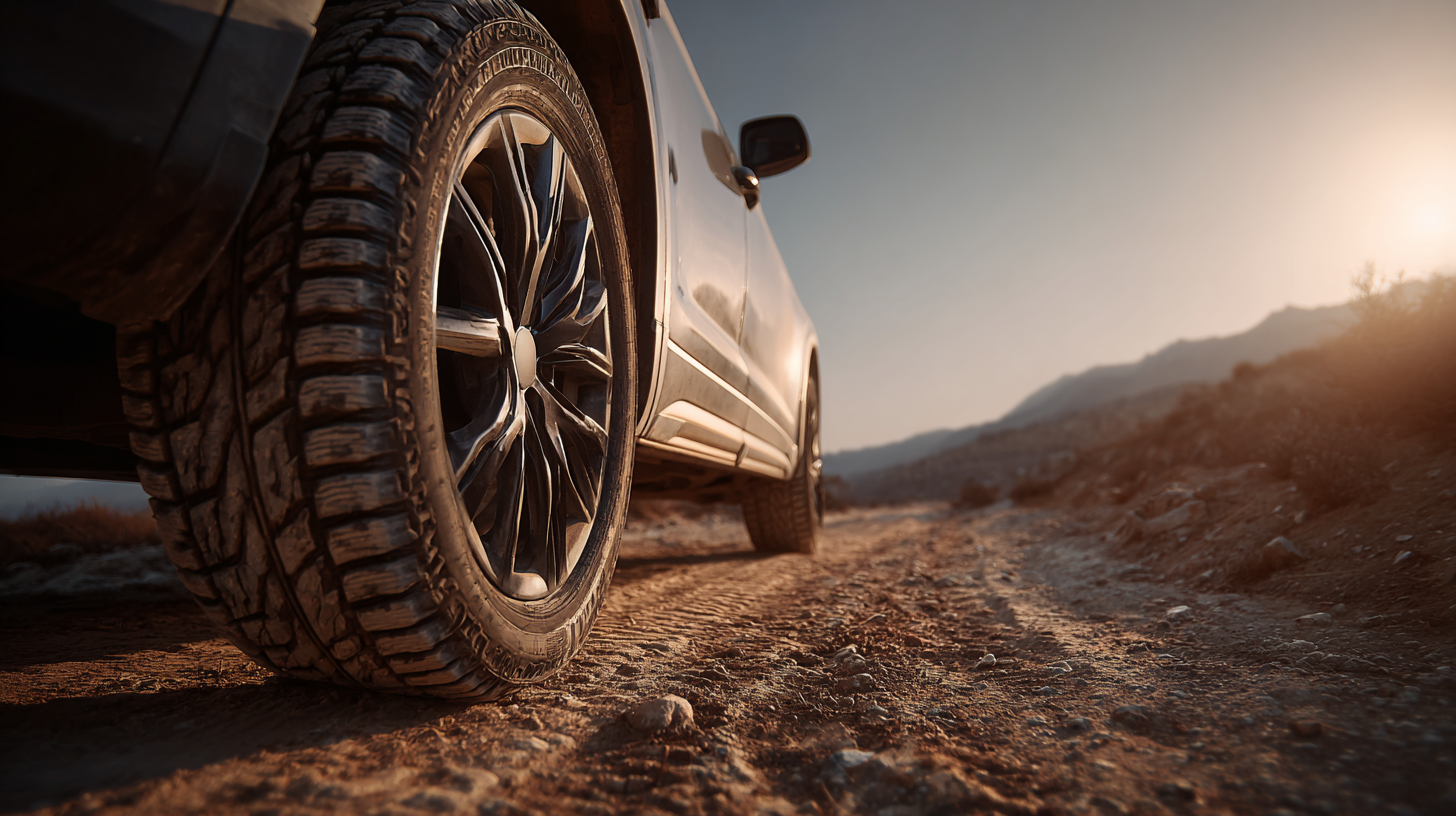 Mud-terrain tires feature deep, aggressive treads that enhance traction in soft or muddy environments.
According to a study by Tire Rack, these tires are ideal for off-road enthusiasts who frequently navigate rugged landscapes.
However, their performance on pavement can be compromised, leading to increased road noise and reduced fuel efficiency.
Mud-terrain tires feature deep, aggressive treads that enhance traction in soft or muddy environments.
According to a study by Tire Rack, these tires are ideal for off-road enthusiasts who frequently navigate rugged landscapes.
However, their performance on pavement can be compromised, leading to increased road noise and reduced fuel efficiency.
On the other hand, all-terrain tires offer a balance of on-road comfort and off-road capability. They typically have a less aggressive tread pattern that ensures stability and grip on various surfaces, making them suitable for daily driving as well as light to moderate off-road adventures. The American Tire Dealers Association reports that all-terrain tires have become increasingly popular due to their versatility, especially among those who face changing road conditions.
Tips:
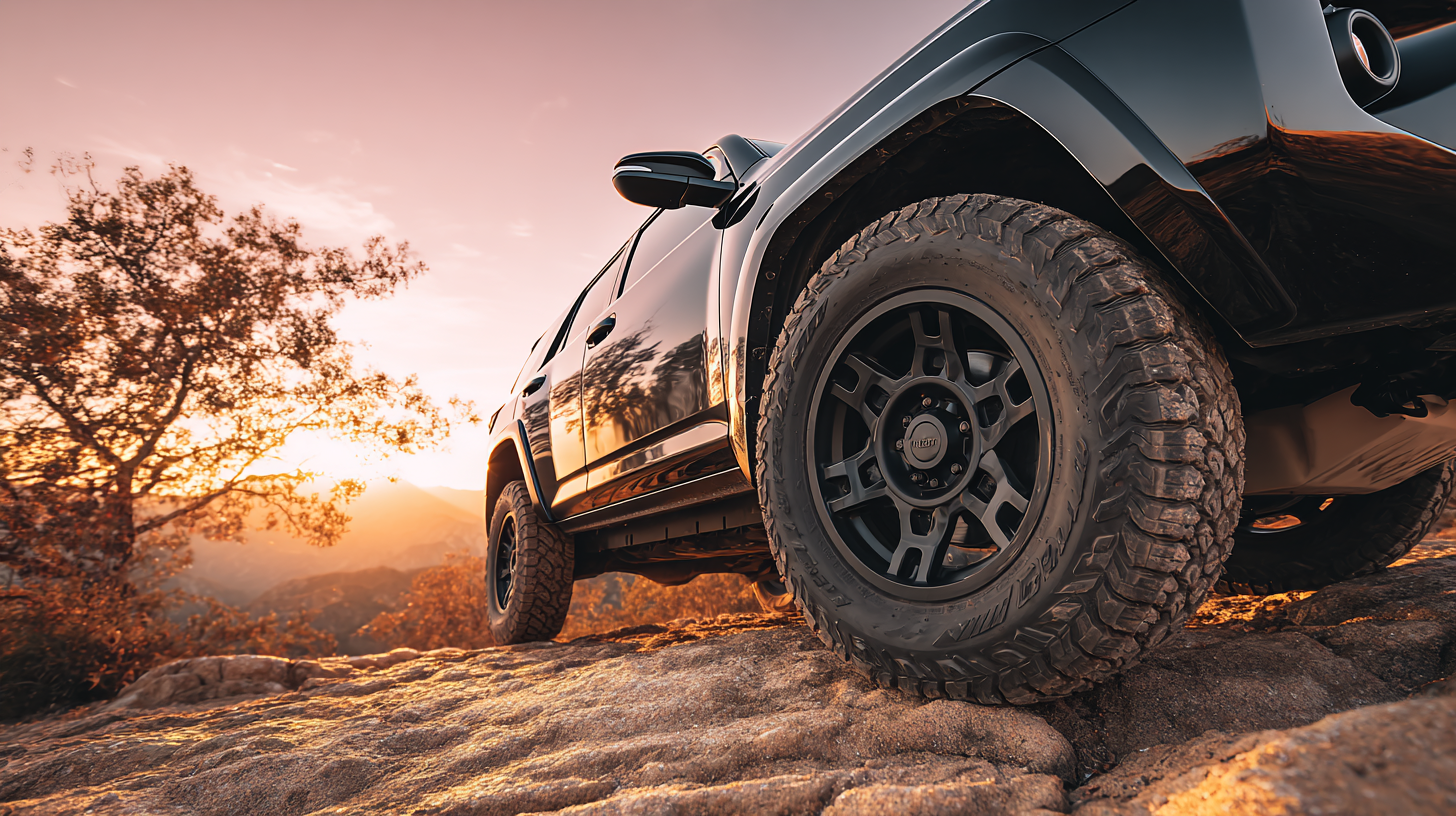 Maintaining your SUV tires is crucial for ensuring their longevity and optimal performance across various terrains. Regular inspections to check for signs of wear and tear, such as cracks or uneven tread wear, can help catch potential issues before they escalate. One key tip is to rotate your tires every 5,000 to 7,500 miles. This practice promotes even wear, especially if you often drive on rugged terrain, where certain tires may wear more quickly than others.
Maintaining your SUV tires is crucial for ensuring their longevity and optimal performance across various terrains. Regular inspections to check for signs of wear and tear, such as cracks or uneven tread wear, can help catch potential issues before they escalate. One key tip is to rotate your tires every 5,000 to 7,500 miles. This practice promotes even wear, especially if you often drive on rugged terrain, where certain tires may wear more quickly than others.
Another important maintenance tip is to maintain proper tire pressure. Keeping your tires inflated to the manufacturer’s recommended PSI prevents overheating and enhances fuel efficiency. Use a reliable tire gauge to check pressure regularly, particularly before long trips. Additionally, consider investing in a quality tire pressure monitoring system (TPMS) for real-time feedback while driving.
Lastly, don’t underestimate the importance of regular alignments. Misaligned tires can lead to excessive wear and negatively impact handling and safety. Make it a habit to have your tires aligned annually or whenever you notice your SUV pulling to one side. This minor adjustment can significantly extend the life of your tires, ensuring you have a smoother and safer ride on any terrain.


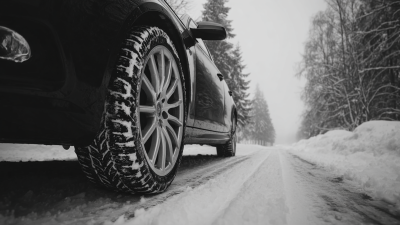
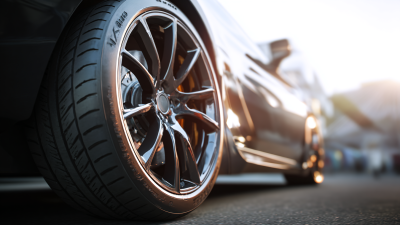
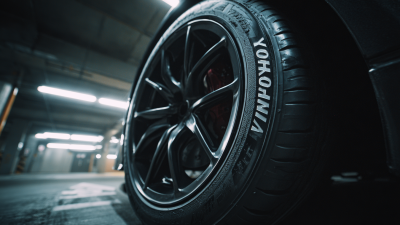
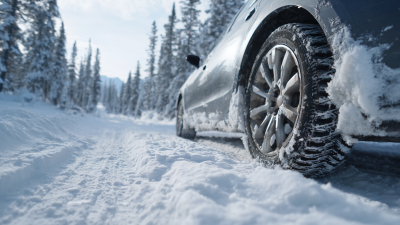
Reignite your passion for driving with Yokohama tires and experience the superior performance you deserve.